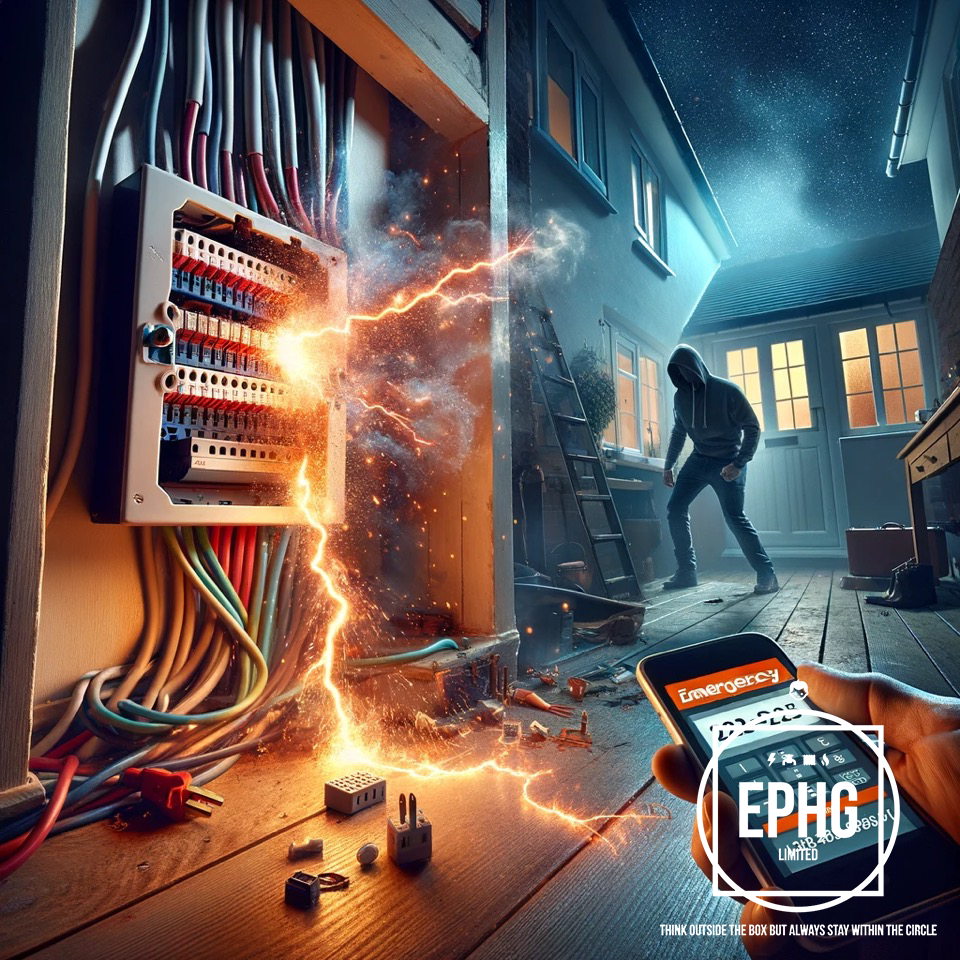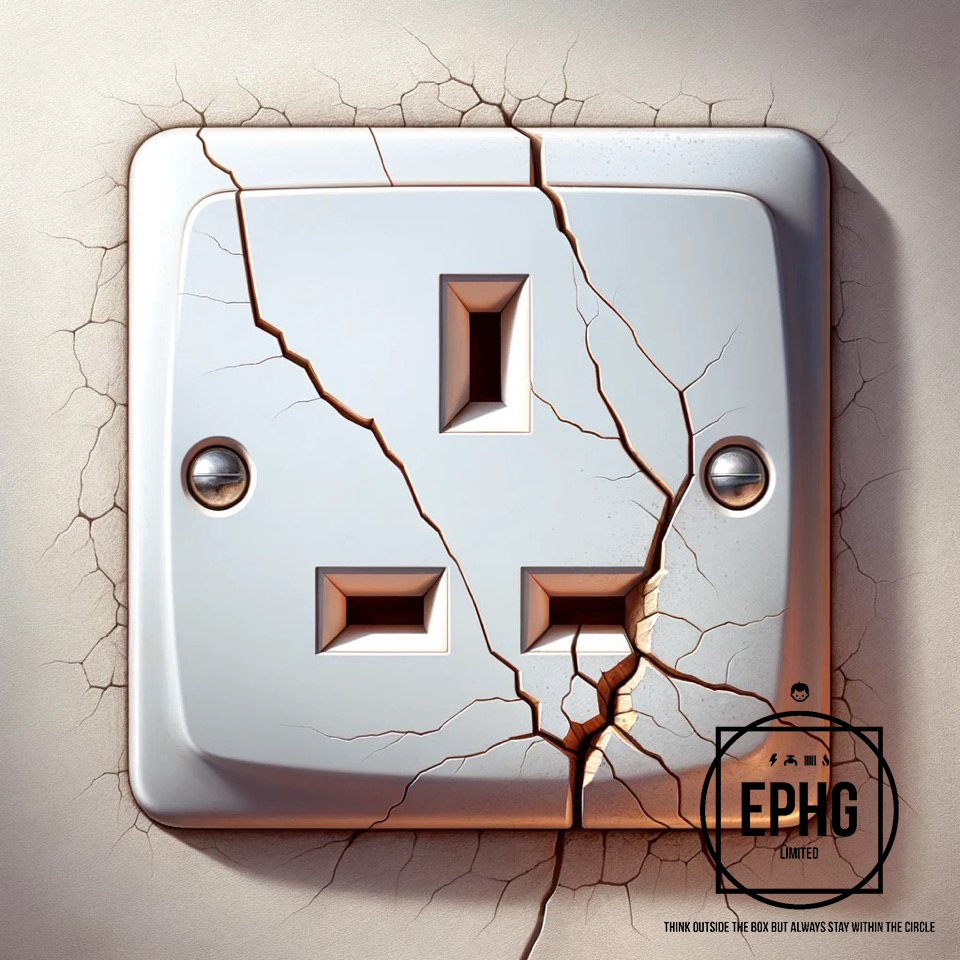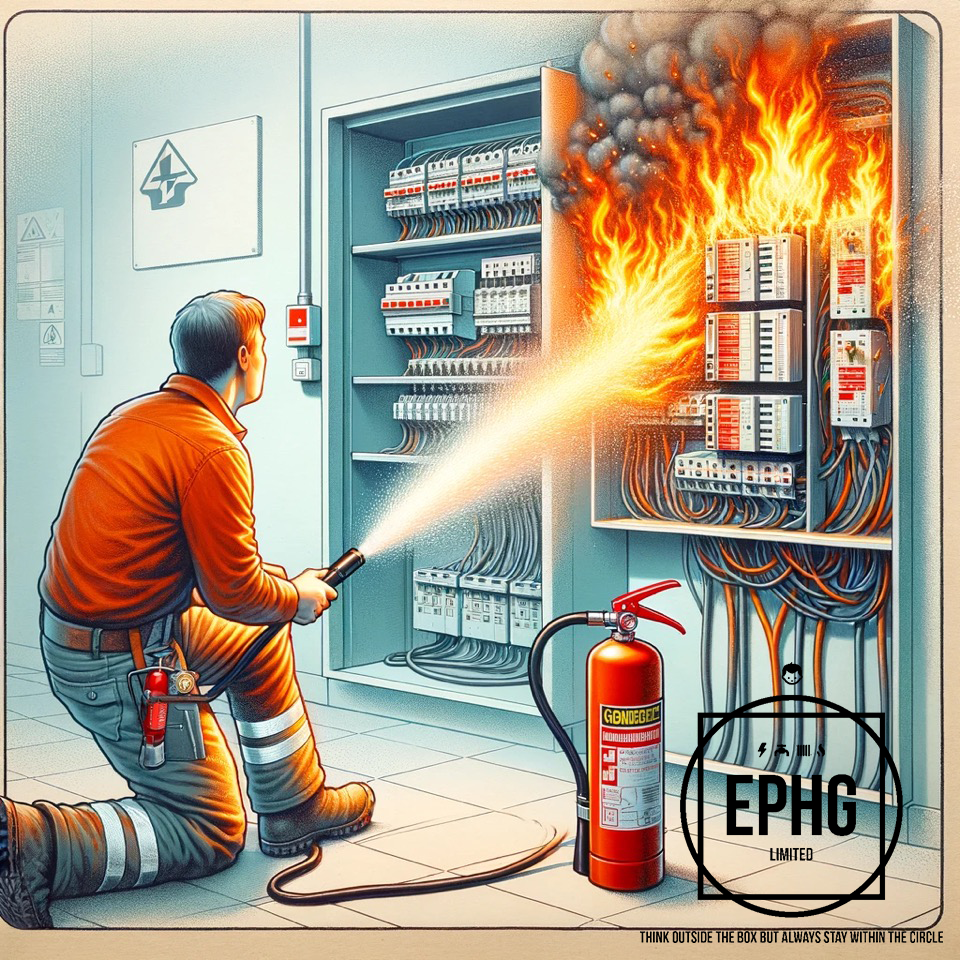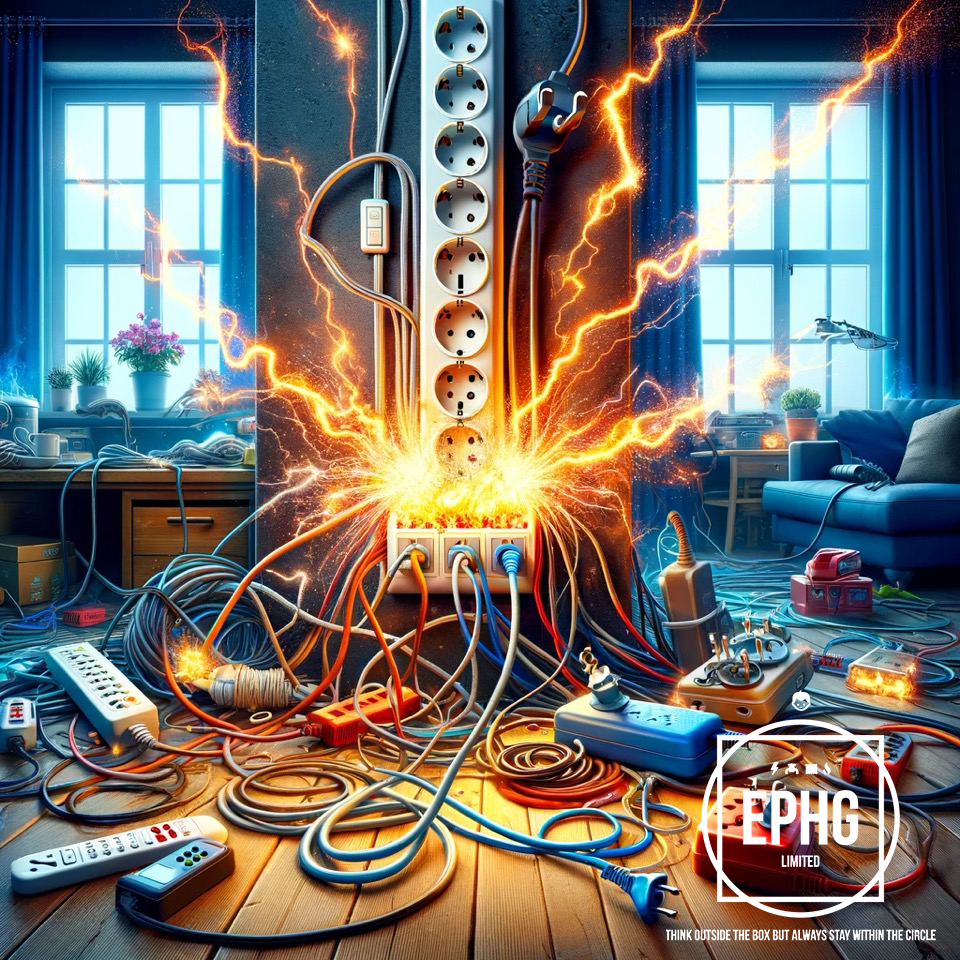
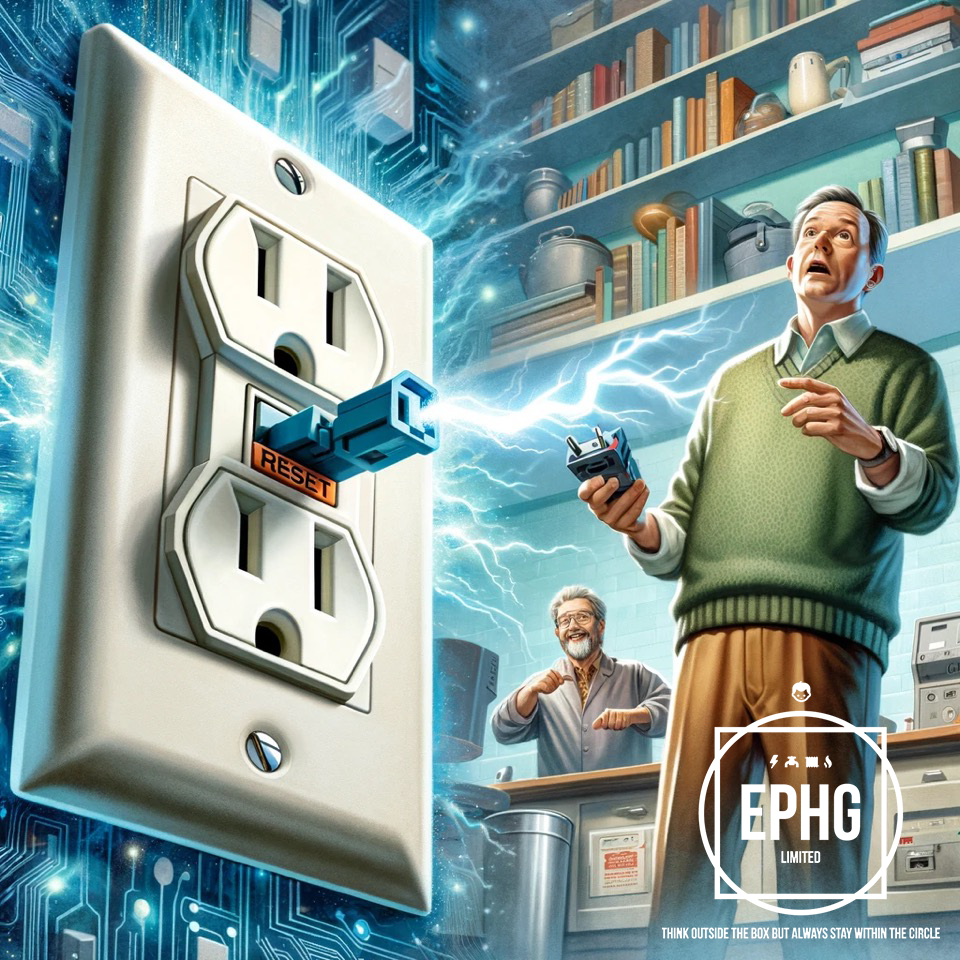
Understanding Ground Fault Circuit Interrupters (GFCIs) and Their Importance in Electrical Safety
In the realm of electrical safety, Ground Fault Circuit Interrupters (GFCIs) play a pivotal role in protecting individuals from electric shock, particularly in environments where electricity and water are in close proximity. This article delves into what GFCIs are, how they function, and their connection to emergency electricians in the UK, underscoring their critical importance in maintaining safety in residential and commercial settings.
What are Ground Fault Circuit Interrupters (GFCIs)?
A GFCI is a fast-acting circuit breaker designed to shut off electric power within milliseconds to prevent serious shock. It detects ground faults, which occur when electrical current veers off its intended path, and a person becomes part of the circuit to the ground. These devices are essential in areas prone to dampness or wetness, such as bathrooms, kitchens, and outdoor spaces.
How Do GFCIs Work?
GFCIs monitor the balance of electrical current moving through a circuit. In a properly functioning circuit, the current flowing to an appliance or device returns through the circuit. If the incoming current differs from the returning current, the GFCI detects this imbalance as a ground fault and interrupts the power supply. This rapid response helps prevent electrical shock that could result from touching a faulty appliance or water that has become electrically charged.
The Relation to Emergency Electricians in the UK
- Installation: Although GFCI installation might seem straightforward, it requires an understanding of electrical systems to ensure it's done correctly. Emergency electricians are often called to install GFCIs in homes and businesses to upgrade their safety features, particularly in older buildings that may not have been originally equipped with these devices.
- Maintenance and Testing: GFCIs should be tested monthly to ensure they are functioning correctly, which involves pressing the test button on the outlet and verifying that the power is indeed cut off. If a GFCI fails to operate as expected, an emergency electrician can diagnose and resolve the issue, whether it requires repairing the existing unit or installing a new one.
- After a Trip: When a GFCI trips, it's a sign that there's a potential electrical hazard. While resetting the GFCI can restore power, it doesn't address the underlying issue that caused the trip. An emergency electrician can investigate the cause, such as water exposure or a malfunctioning appliance, and rectify the problem to prevent future risks.
Conclusion
Ground Fault Circuit Interrupters are a testament to the advancements in electrical safety, offering a critical layer of protection against electric shock. Their importance cannot be overstated, especially in areas where electricity and moisture intersect. The relationship between GFCIs and emergency electricians in the UK is a testament to the ongoing need for professional oversight in electrical safety, ensuring that installations are correct, maintenance is up to date, and any issues are promptly addressed. By understanding and appreciating the role of GFCIs, homeowners and businesses can significantly enhance the safety of their environments, reducing the likelihood of electrical emergencies and the need for urgent electrician interventions.
